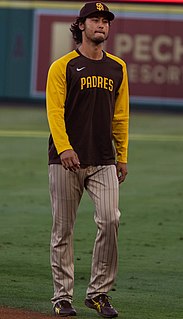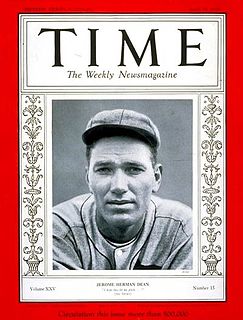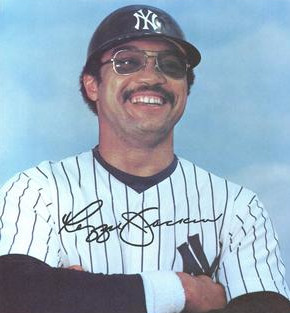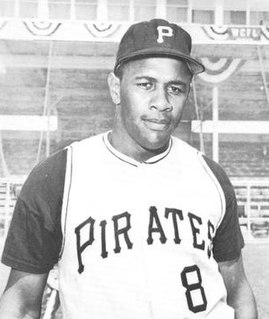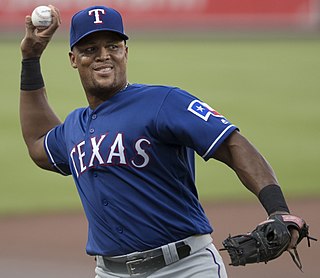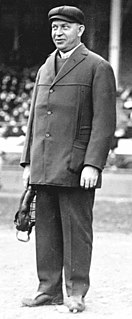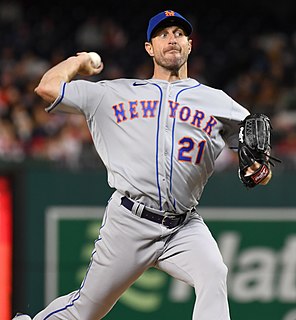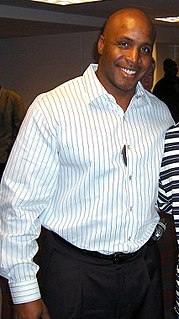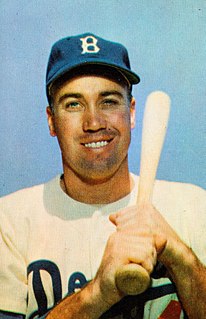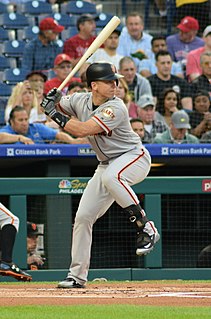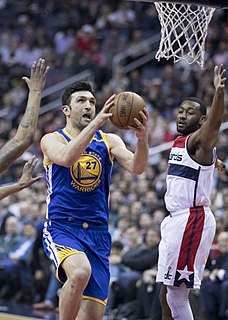A Quote by Yu Darvish
Related Quotes
If a pitcher goes up there and he's throwing a ball and it's a breaking ball down and away or a fastball up and in, a perfect pitcher's pitch, and you're able to just foul it off and stay alive in the at-bat, just keep grinding, keep working through the at-bat and hoping for that mistake that he's going to make. And if he doesn't, then you walk.
The pitcher wound up and he flang the ball at the batter. The batter swang and missed. The pitcher flang the ball again and this time the batter connected. He hit a high fly right to the center fielder. The center fielder was all set to catch the ball, but at the last minute his eyes were blound by the sun and he dropped it.
In baseball, you can do something poorly and still get credit. A pitcher could throw a bad ball, the batter hit a screaming line drive, and an outfielder make a fantastic diving catch. Yet, when you look at historical databases, 80% of the time when a ball is struck with that trajectory and velocity, it is a hit.
The typical baseball play is a pitcher throwing a ball and the batter not swinging at it, while the other players watch. Even a home run, the sport's defining big blast, is only metaphorically exciting; a fly ball that leaves the yard changes the score but may offer no more compelling view than an outfielder staring up.
